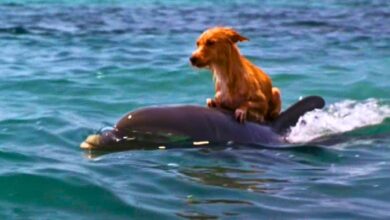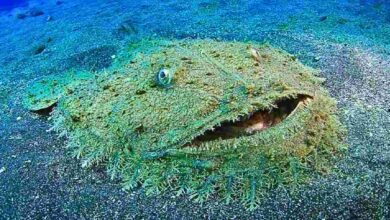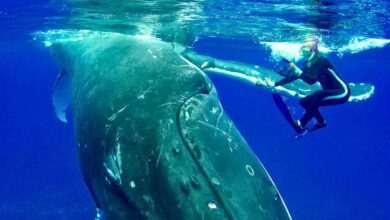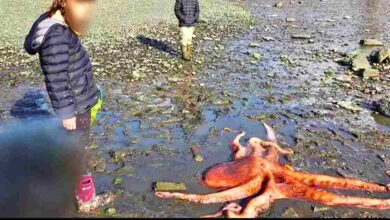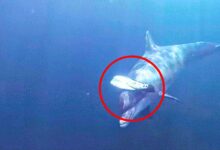Baby Orca Asks Humans to Save Their Mother, Returns the Favor with a Manta Ray

In a world where humans and animals coexist, a heartwarming story emerges from the tropical waters of the Pacific Ocean.
The story is that of a baby orca that, in desperation, appealed to the humanity of a boat’s crew to save its mother trapped in plastic.
This tale, captured in a video, has gone viral on social media, reminding us of the strong bond between a mother and her child, a bond transcending species.
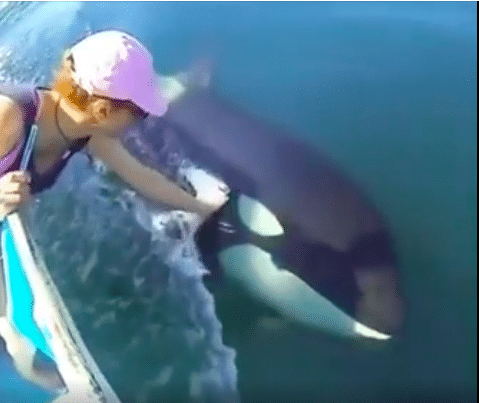
As a group of sailors enjoys a day on the sea, a desperate baby orca pleads for help. Soon the rescue team is on its way to find the mother of the orca trapped in plastic. The baby orca’s desperate plea for help and the mother orca’s trust in the human rescuers are stark reminders of these marine mammals‘ deep emotional bonds and intelligence.
After the orca is rescued, she gifts her heroes a present: a Manta Ray.
Killer whales ask human for help 😍 pic.twitter.com/pYQN2cgT8X
— Alvin Foo (@alvinfoo) June 25, 2023
The baby orca’s cry for help was unlike anything seen before. It approached the fishing boat, encircling it and making anguished sounds to get the crew’s attention. The baby orca’s desperate actions were not in vain; the crew quickly realized the situation’s urgency and sought help from a coastal rescue team.
Led by the baby orca, the rescue team was able to locate the mother orca, whose tail was caught in plastic. She was on the brink of drowning when the team arrived.
In a remarkable show of trust, the mother orca brought her flipper closer to the rescuers, allowing them to cut through the plastic and free her. Once released, the marine mammals left the scene without causing any trouble. In an unexpected gesture of thanks, the mother orca caught a manta ray.
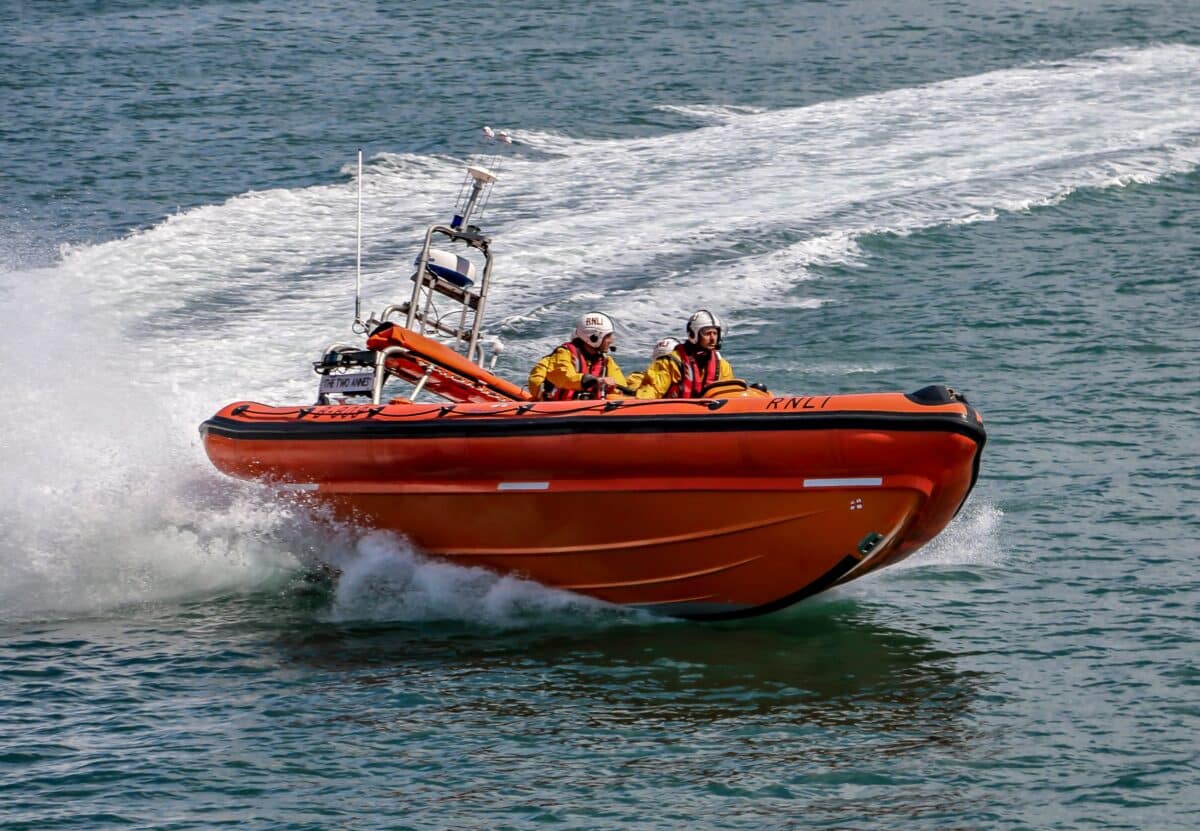
The act of the mother orca catching a manta ray after being released is an intriguing aspect of this event. Viewed as a gesture of gratitude, this remarkable ‘gift’ is a testament to the depth of emotional intelligence and complex social behaviors these marine mammals exhibit.
The idea of ‘gift giving’ among orcas must be well-documented, making this event particularly notable. It suggests a level of interaction between species that we are only beginning to understand. The mother orca’s action can be interpreted as an expression of thanks, a poignant symbol of the interplay between human intervention and animal response.
This act challenges our understanding of the emotional landscape of these creatures and invites us to delve deeper into exploring the complexity of orca behaviors and their interactions with their environment, including humans.
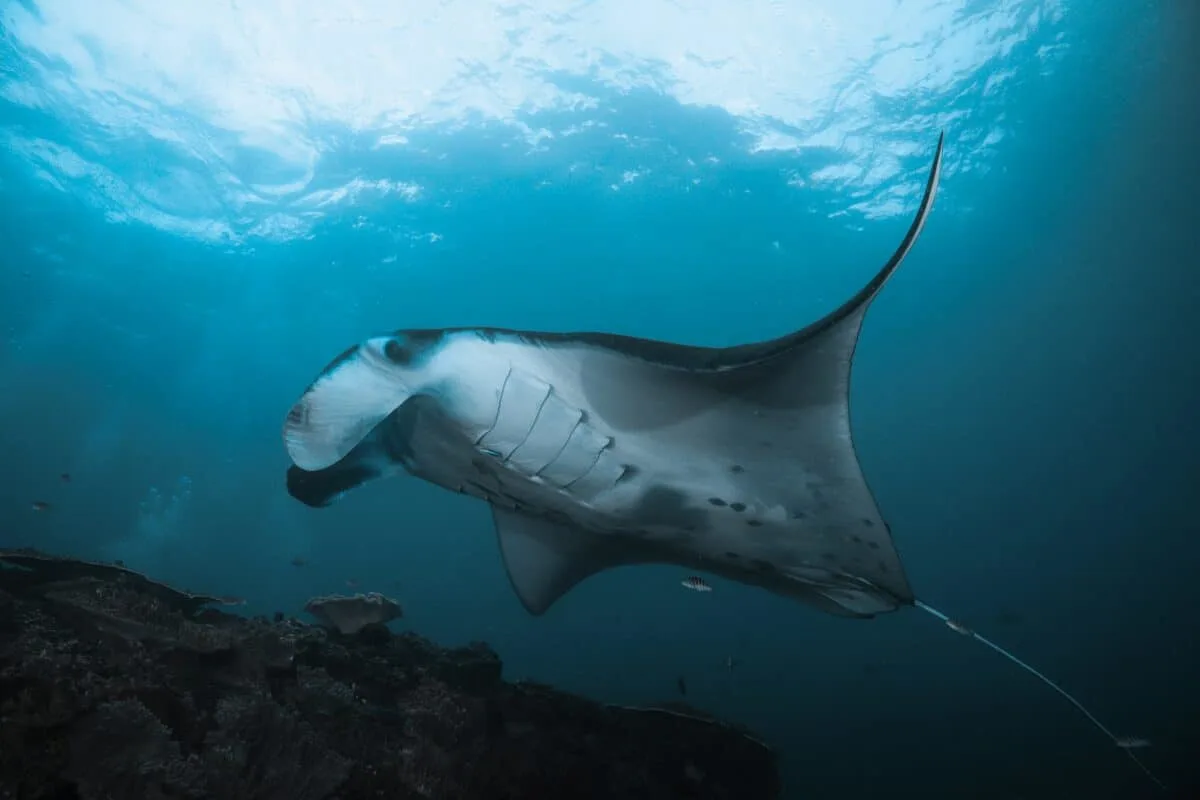
The Orcas’ Circle of Concern
During the rescue, other orcas in the area were swimming circularly. Orcas may employ a carousel feeding strategy by encircling their prey.
However, in this context, observers interpreted their circular swimming as a warning signal about the emergency their pod was experiencing. It was as if the marine mammals were trying to communicate with humans, showing the extent of their intelligence and social bonds.
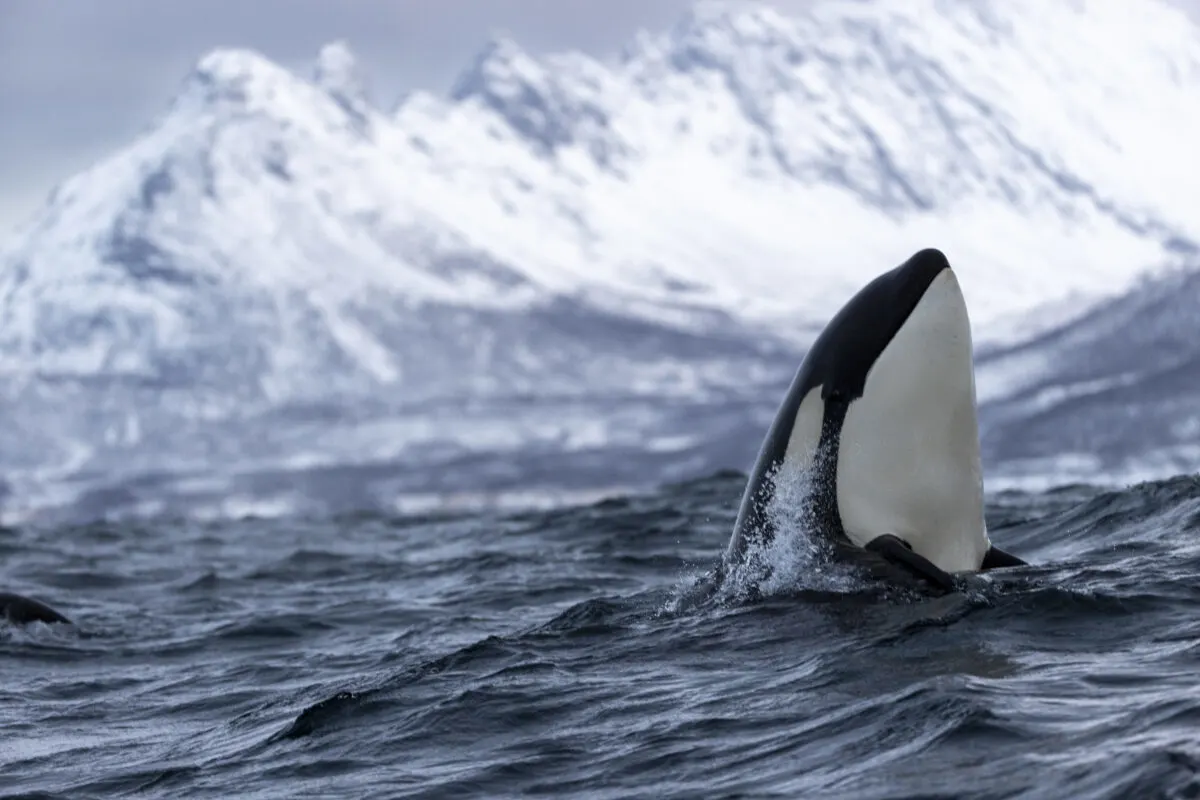
Are orcas friendly to humans? Orcas are typically cautious around humans. In the wild, they’re often curious and playful but not aggressive. However, they’re powerful wild animals, and their behavior can be unpredictable.
While they can show friendly behaviors, interactions should be respectful and cautious, maintaining a safe distance. Can you swim with killer whales? You undertake a risk due to orcas’ size, power, and unpredictable nature when you swim with them. Some places do offer this experience, but generally, safety and conservation reasons discourage it.
Can you touch an orca? Whether in the wild or in captivity, the general advice discourages you from touching an orca. Incidental contact with these powerful wild animals can cause them stress and potentially endanger your safety.
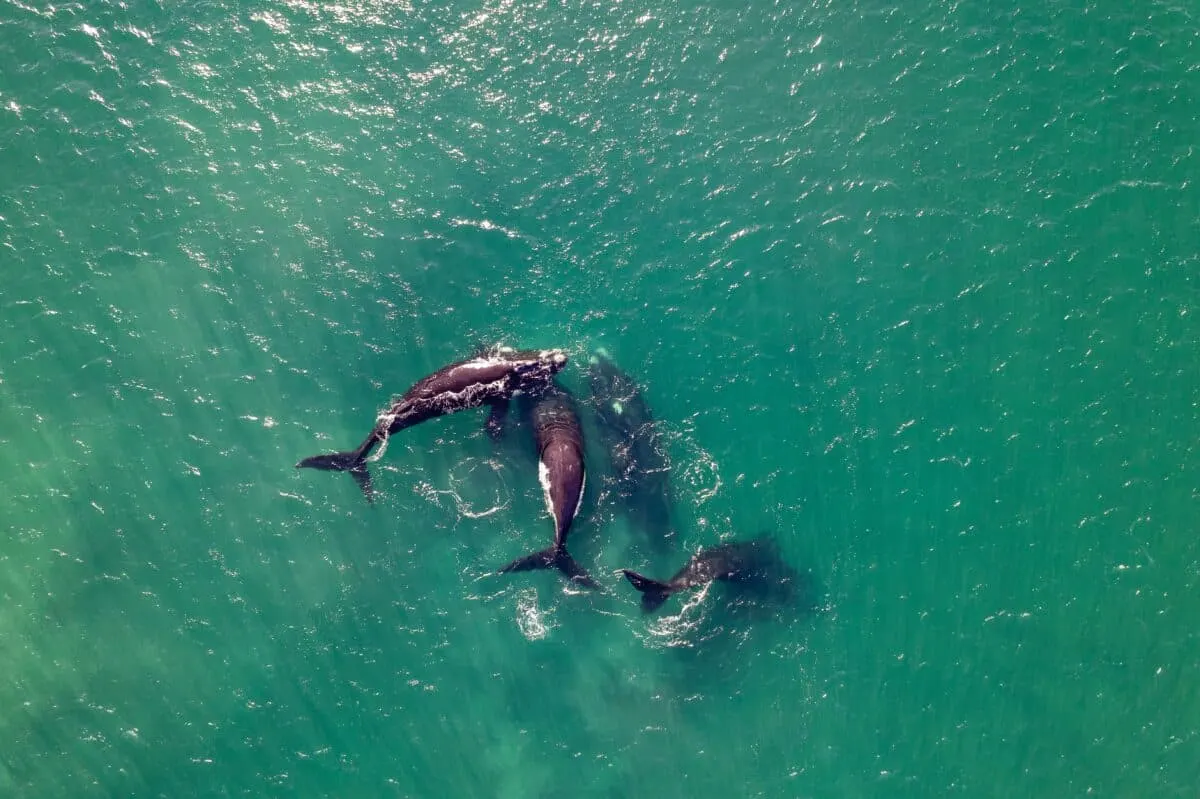
The video, beyond its emotional appeal, carries a profound message. It is a call to care for animals, a reminder that they deserve to live in their natural habitats, free from human-created hazards.
The mother orca’s life-threatening encounter with plastic is a stark warning against the careless disposal of waste in our seas.
The impact of our actions extends far beyond our immediate environment, affecting the lives of creatures that share our planet.


